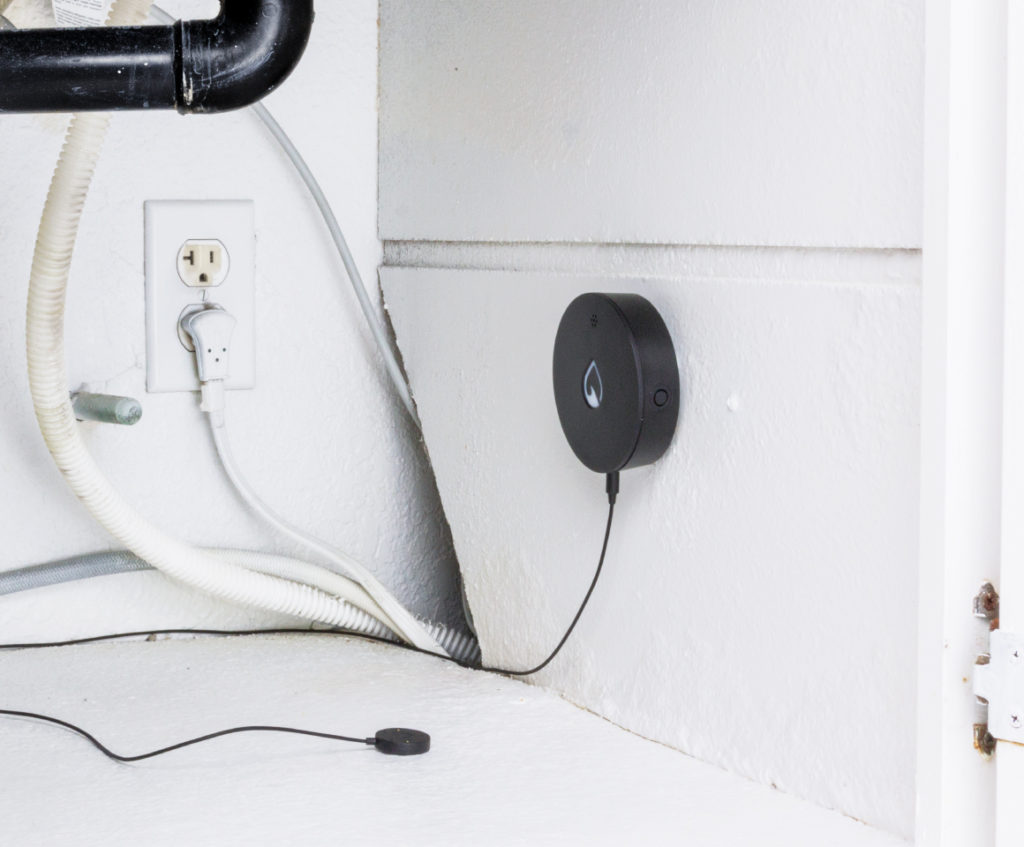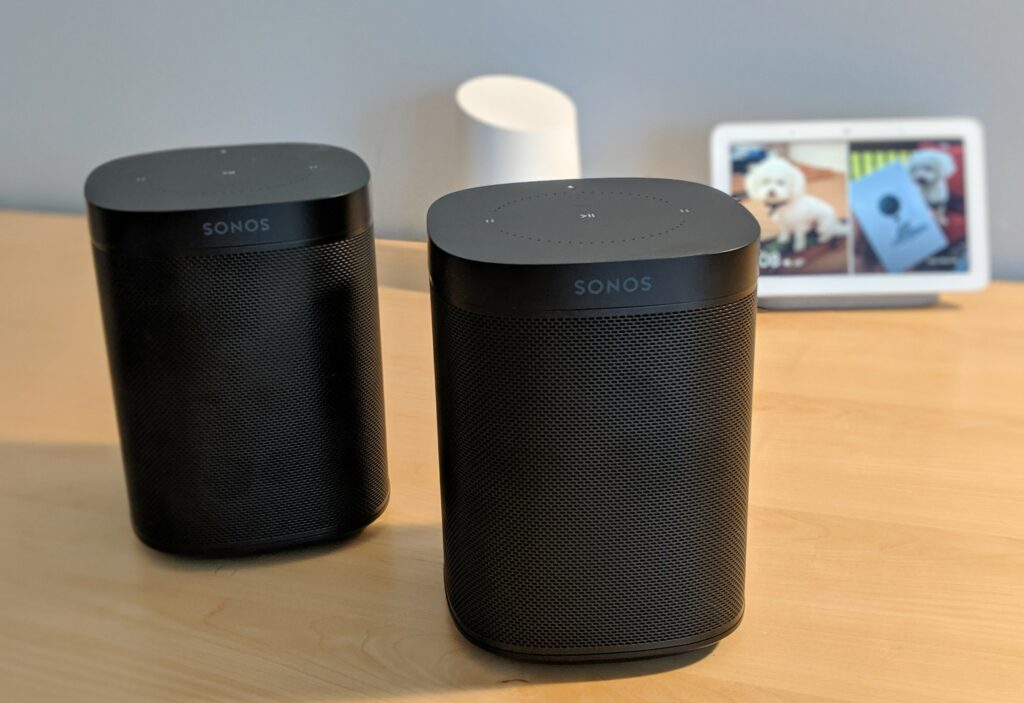This week we kick off the show discussing several smart devices that might provide a modicum of security or comfort in case of weather disasters associated with climate change. After that, we start the long goodbye to 3G and discuss how companies are reacting. And for those who are keeping track of algorithmic accountability efforts, California has a new law that could be better in my humble opinion. We also talk about the security woes for the IoT as covered by a report out from Kaspersky, before talking about some new products including a new Z-wave home hub for HomeKit, a smart dog collar, Home Depot’s new smart home app, and a prospective gun safe from Wyze. And speaking of security, there is big news in the access control space with Chamberlain getting purchased by Blackstone for $5 billion and Assa Abloy buying the company behind Kwikset and Baldwin locks.

Our guest this week takes us beyond the edge of the earth’s atmosphere with Charlie Kindel, a former executive at Microsoft, Amazon, and Control4, who is now advising companies who are working in space. We talk about how there’s a new economic flywheel driving investment in space communications and research and how that can be an advantage for the IoT. Those advantages aren’t simply related to communications and providing connectivity for sensors on Earth. Kindel gets excited about the ways researchers building networks for IoT can apply some of those learning to communications in space, where innovations are sorely needed. It’s a really fun interview.
Hosts: Stacey Higginbotham and Kevin Tofel
Guests: Charlie Kindel
Sponsors: Silicon Labs and Infineon
- Devices that might help you as climate change wracks havoc on the weather
- How I think we should regulate algorithmic accountability
- Consolidation hits the access control market
- Space is the final frontier for IoT
- Why investment in space is speeding up
Podcast: Play in new window | Download | Embed
Subscribe: RSS




